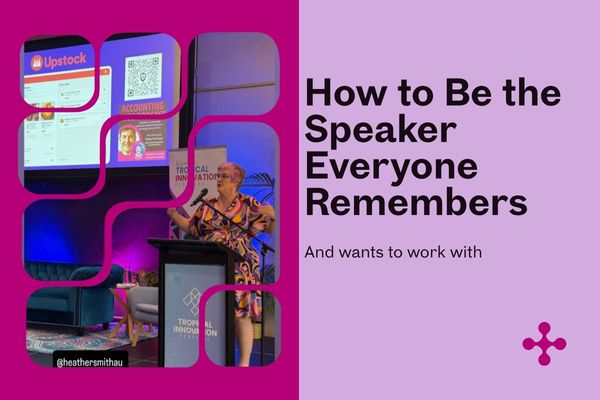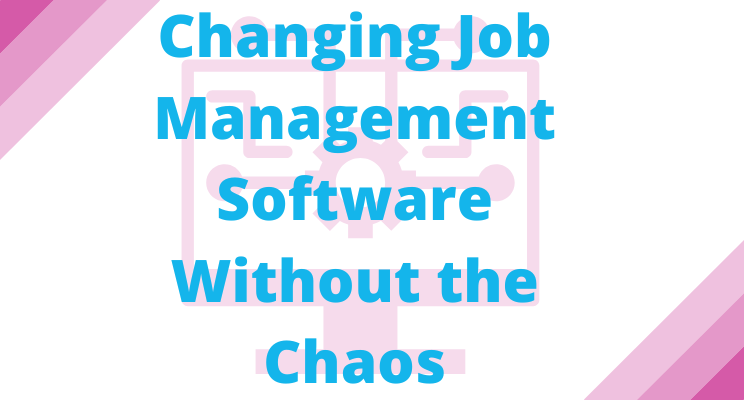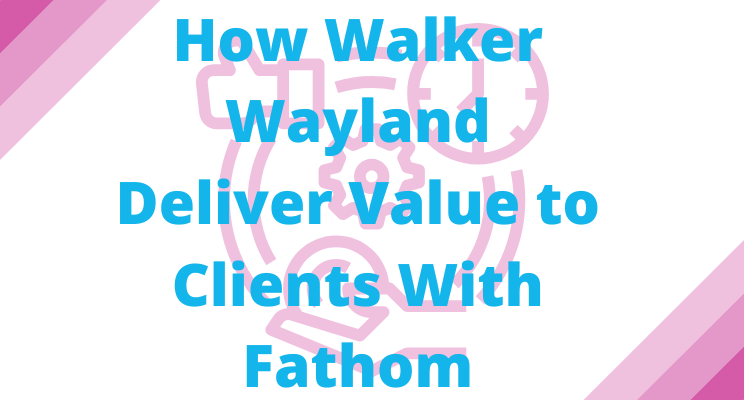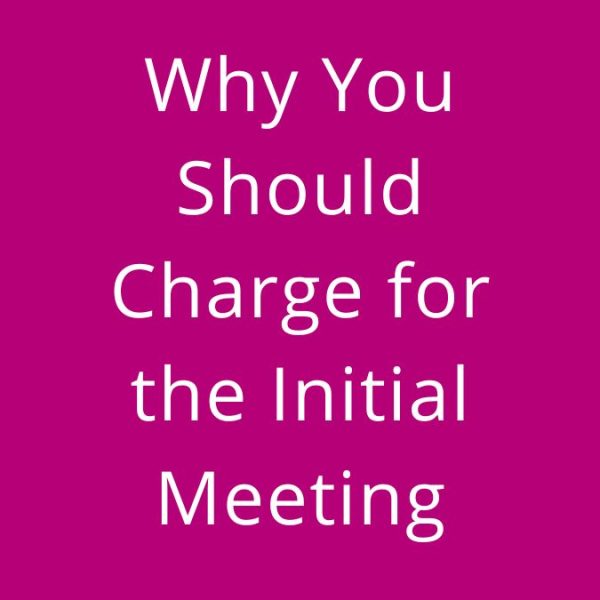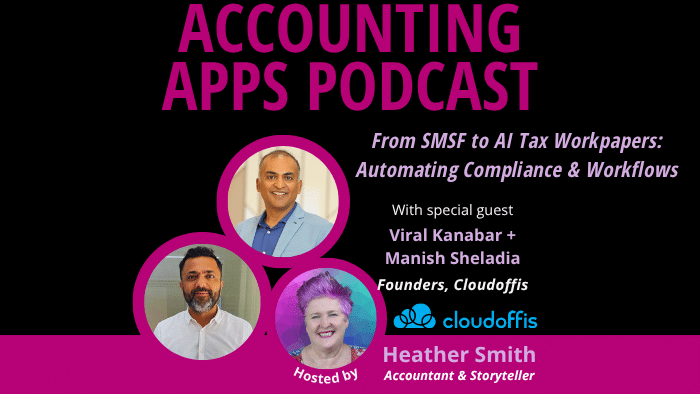Do we need integration specialists to help us to plug all the apps together, or will apps become better at connecting together without detailed knowledge?
It’s probably a hybrid of both. One of the benefits of using a cloud integrator is they’ve experienced in connecting maybe one two or three apps together. They know the best way to do it. For example, say you have your name, and it has an apostrophe in it. Like O’Hara, which has an apostrophe in it, they may have an awareness that when we connect the solutions, one of the solutions has difficulty recognising the apostrophe. They plan to connect the solutions in one particular way to minimise that issue. Or they may recognise that if we connect the solutions in this way, it’s going to duplicate information. One time I connected two solutions together, and it caused all the invoices in one solution to repopulate into the other solution, which is not what I wanted. That was my naivety and not knowing that would happen. And even though I followed all the instructions, they didn’t expect me to have existing data in both solutions. Sometimes, what you’ll do is you’ll go Okay, we want these integrated solutions, but this one we’re going to keep one in a silo. Because if we do integrate it, it may double up on data every time something happens because of the way information is read, the way naming conventions are the way field conventions are.
If we’re looking at complex App Stack, it may well be beneficial to get a cloud integrator in, to work with you to ensure that the rollout works smoothly.
If it’s a simple solution, for example Receipt Bank is a relatively simple solution, MinuteDock is a relatively simple solution. When you plug them in, it’s quite easy to see what’s happening, etc. The smaller end solutions are quite simple. And you can probably comfortable do them yourself. But more complex solutions like inventory, I wouldn’t be touching them without a cloud inventory specialist on board.


